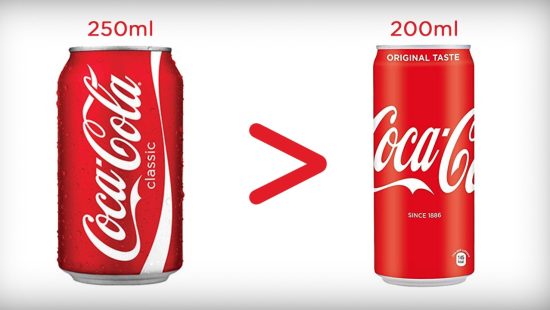Conventional wisdom suggests that using social media promotes poor mental health, especially in teenagers. But there is a good reason to question this idea. As more high-quality research becomes available, we can see room for nuance and see that social media is not consistently detrimental to everyone’s well-being.
A critical limitation in many existing studies on this topic is that they are cross-sectional. This means all variables are assessed only once, and at the same time. This isn’t necessarily a bad thing; it just means we don’t know how behavioral changes over time might be associated with changes in emotional variables. Longitudinal research helps us to better understand how change happens by measuring these variables repeatedly over a period of months or even years.
Longitudinal research is especially valuable in this case because some young people may use social media to alleviate distress, so we might observe that increases in depression or anxiety will predict increases in social media use, rather than the reverse. On the other hand, if the social media hypothesis is correct, then as teenagers spend more and more time online, this should be followed by decreased mental health (i.e., greater anxiety/depression). But that’s not what the data reveals.
What Researchers Found
A research team in Norway recently published a study in which they tracked young people aged 10-16, and assessed them every 2 years. Each time, the researchers interviewed participants about their behaviors online (e.g., posting photos, “liking,” or commenting on others’ posts), and they conducted clinical assessments of depression and anxiety with standardized psychiatric measures. The researchers found no evidence that increased social media use was followed by elevated anxiety or depression. This means that as these teenagers used more social media, their mental health did not change. These findings directly contradict the idea that social media use leads to poor psychological well-being.
Beauty products against Social Media filters, both harmful to a real image of teenagers








